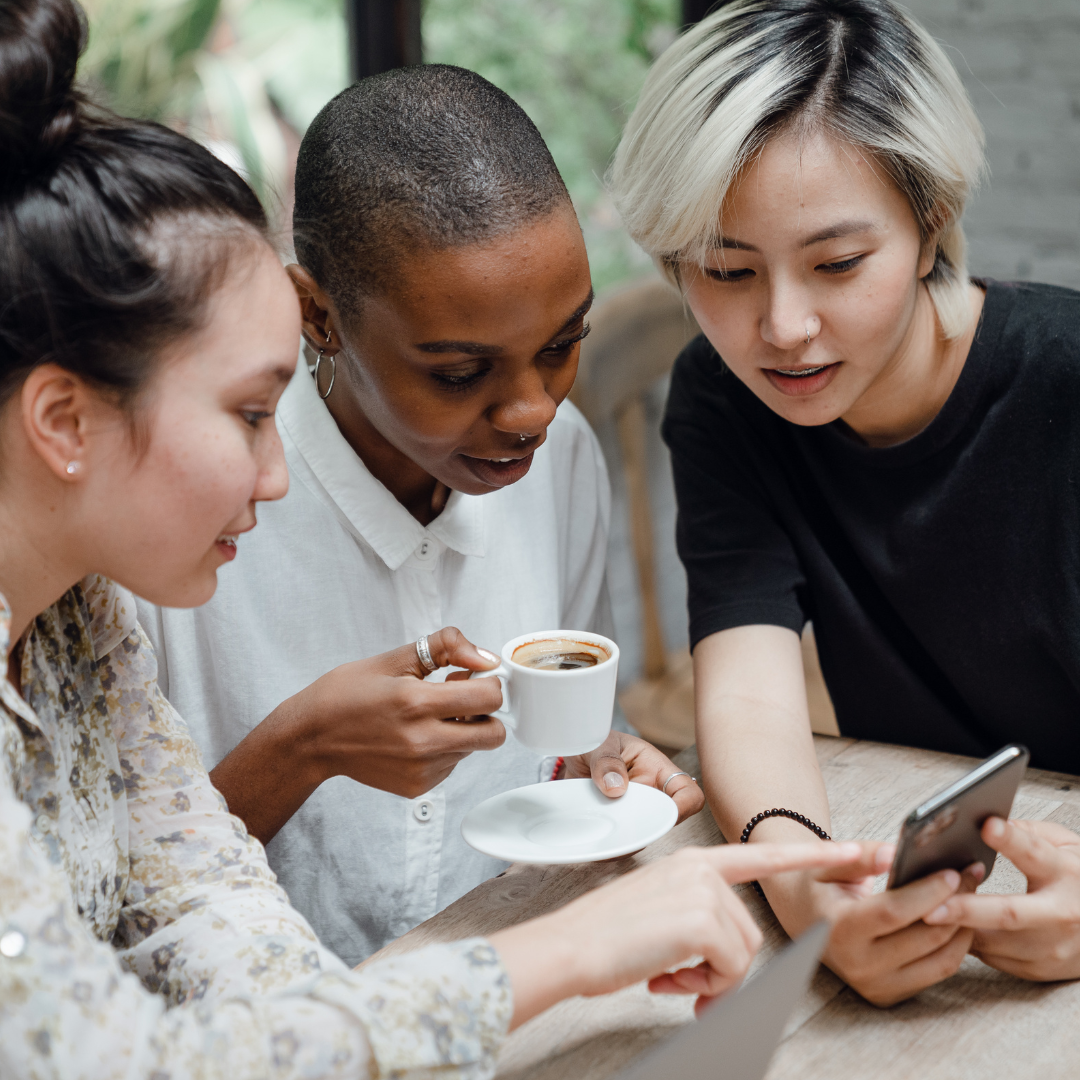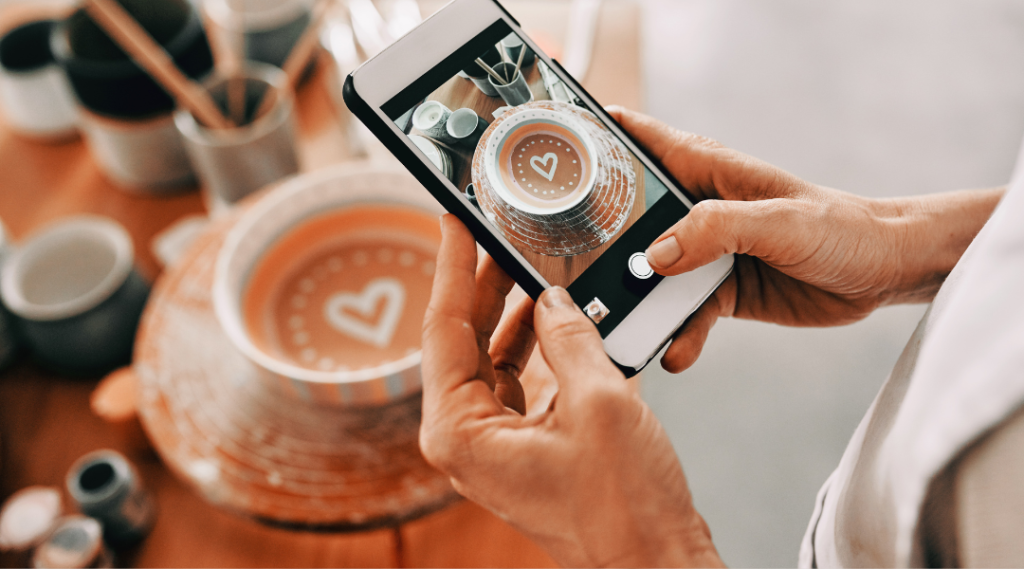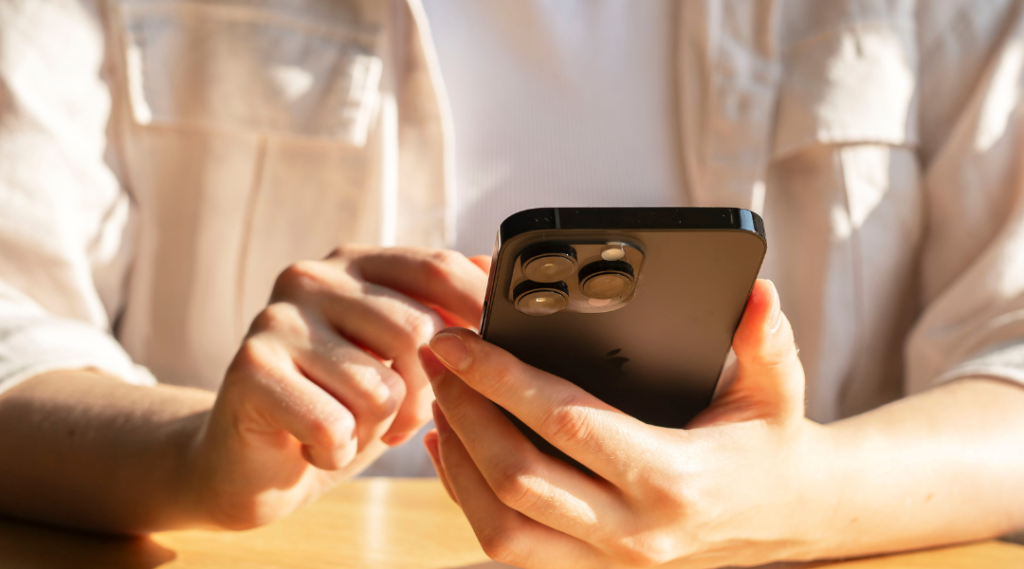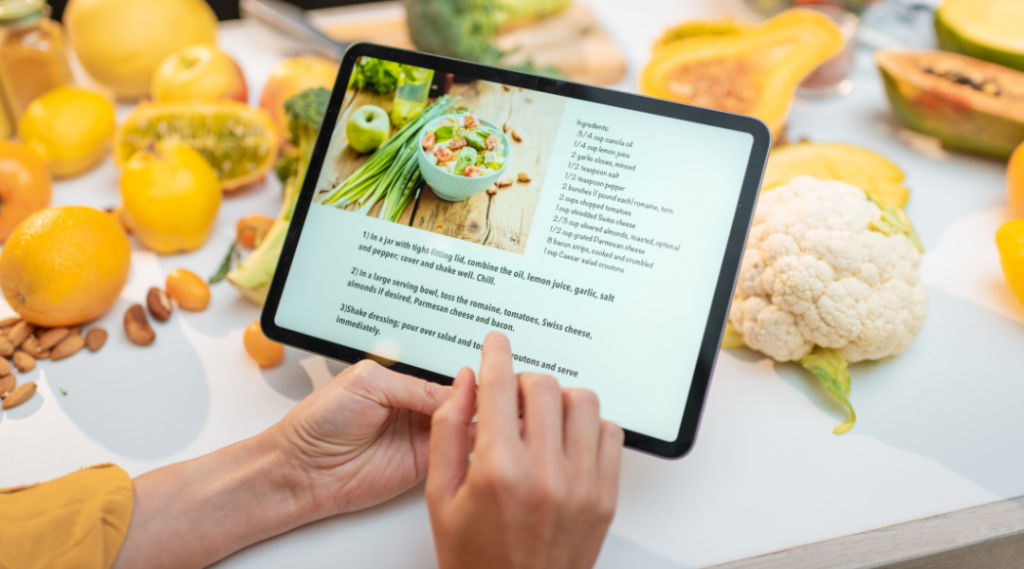How Social Media Improves Our Self-Care

Though it can be easy to point out the negative effects of social media, too often the positive benefits are overlooked. This blog post will go over how social media improves our self-care routines, leading us to healthier, happier, and more productive lives.
This blog post will go over:
What is a self-care routine?
A self-care routine is a set of intentional acts or actions that contribute to bettering our overall well-being. Bettering our self-care can include anything improving our lives mentally, physically, emotionally, or even spiritually.
Each of our self-care routines is unique to our personal needs and likes or dislikes. Our self-care routines can change and develop over the years, as we learn more about ourselves, and gain knowledge on the best tips, tricks and practices on how to take the best care of ourselves.
Aside from learning about self-care routines from social media, we can also gain knowledge about self-care on the web, in books or magazines, or from our peers (by word of mouth is sometimes the best way to learn!).

How does social media relate to self-care?
Social media improves our self-care as it serves as a valuable tool for fostering connection, support, and inspiration.
Engaging with uplifting content, connecting with like-minded individuals, and accessing educational resources can contribute positively to mental and emotional well-being.
As we begin to dive deeper into how social media can improve our self-care, let’s cover lightly the negatives. Social media, on the downside, can negatively impact self-care through social comparison. When we’re on social media, it can be easy to develop feelings of inadequacy and low self-esteem as we compare our lives to the highlights presented by others.
Moreover, exposure to cyberbullying, negativity, and the addictive nature of constant scrolling can adversely affect mental and emotional well-being. Striking a balance and being mindful of one’s online interactions are crucial for maintaining a healthy relationship with social media and self-care.
How Social Media Improves Our Self-Care Routines
Inspiration at Your Fingertips

Social media platforms, like Instagram and Pinterest, are absolutely LOADED with content that can serve as daily reminders to prioritize self-care.
Types of content can include inspirational quotes, serene imagery, or mindfulness tips, which all offer a quick mental escape from the craziness of daily life. By curating your social media feed with content for positivity and inspiration, you can effortlessly infuse mindfulness into your routine!
Wellness Communities and Groups
Feeling connected is a fundamental aspect of self-care. Social media improves our self-care by providing a virtual haven where like-minded individuals gather to share their wellness journeys.
Joining Facebook groups or Instagram communities dedicated to self-care allows you to exchange ideas, seek advice, and find encouragement from others who understand the importance of putting oneself first.
PROFESSIONAL Guidance Through Video Content
Platforms like YouTube are a treasure trove of self-care tutorials, ranging from guided meditations to yoga routines and beauty regimens.
Influencers and wellness experts share their expertise through engaging video content, making it easy for you to follow along and incorporate new practices into your routine.
With just a click, social media improves our self-care by providing access to a wealth of knowledge from the comfort of your own home.
Interactive Self-Care Challenges
Social media challenges aren’t just for dance crazes; they can also be a fun way to level up your self-care routine.
Challenges like the “7 Days of Gratitude” or “Mindful Moments Challenge” encourage participants to share their self-care activities, fostering a sense of community while inspiring new ideas for your own routine.
The interactive nature of these challenges makes self-care a shared experience and is just one other way social media improves our self-care.
Book Clubs for the Soul
For those who find solace in literature, social media book clubs offer a unique blend of self-care and intellectual stimulation.
Social media improves our self-care by giving access to platforms like Goodreads or Instagram book clubs, which are virtual spaces where readers can discuss, reflect, and connect over shared literary experiences.
Reading not only provides an escape but also promotes mental well-being, making it a delightful addition to your self-care toolkit.
Are you a bookworm looking to learn more about self-care? I’ve compiled a list of 16 best-seller books about emotional self-care that are easily available on Amazon.
Daily Affirmations for Positivity
The power of positive affirmations cannot be overstated when it comes to self-care. Social media platforms are flooded with accounts dedicated to daily affirmations and positive mantras.
Social media improves our self-care by giving access to these uplifting messages in your feed, you can cultivate a more positive mindset and remind yourself of your worth, fostering a healthier relationship with yourself.
Before venturing off to curate your social media feeds with positive affirmations, here are a few suggestions to kickstart your affirmation journey:
- 50 Positive Affirmations For Self-Care And Wellbeing
- 50 Gratitude Affirmations For Self-Love
- 100 Body-Neutrality Affirmations For Women
Recipe Inspiration for Nourishing Meals

Self-care extends beyond mental well-being to include physical health. Social media improves our self-care by allowing us access to platforms like Instagram and Pinterest, both of which are home to a plethora of recipe ideas that cater to various dietary preferences.
From quick and healthy snacks to elaborate meals, you can discover culinary inspiration that aligns with your self-care goals, making nourishing your body an enjoyable part of your routine.
Virtual Retreats and Events
Attending a wellness retreat or event may not always be feasible, but social media brings these experiences to your doorstep.
Social media improves our self-care by offering a range of virtual wellness events, workshops, and retreats hosted on platforms like Zoom or Instagram Live which offer opportunities to learn from experts, engage in self-care practices, and connect with a global community—all from the comfort of your own space.
How can I protect my mental health from social media?
Now that we’ve covered some of the benefits of how social media can improve our self-care routines, let’s make sure that we know how to avoid the downsides of social media.
Protecting your mental health from the potential negative impacts of social media involves adopting mindful and intentional habits. Here are some strategies:
- Set Boundaries: Establish limits on your daily or weekly social media use. This can prevent excessive scrolling and help you allocate more time to activities that positively contribute to your well-being.
- Curate Your Feed: Choose to follow accounts that inspire, educate, and uplift you. Unfollow or mute accounts that consistently contribute to negative feelings or stress. Curating your feed can create a more positive online environment.
- Limit Comparison: Recognize that social media often presents a curated version of reality. Avoid constant comparison with others, and remind yourself that people tend to share their highlights rather than the full picture of their lives.
- Schedule Social Media Breaks: Take regular breaks from social media to disconnect and focus on other aspects of your life. Designate specific times when you will not engage with social media to allow for relaxation and personal activities.
- Be Mindful of Your Emotions: Pay attention to how you feel while using social media. If you notice that certain platforms or interactions consistently lead to negative emotions, consider reassessing your online habits and adjusting your use accordingly.
- Prioritize Real-Life Connections: Balance your online interactions with face-to-face interactions. Nurture relationships with friends and family offline, and engage in activities that bring you joy and fulfillment in the physical world.
- Turn Off Notifications: Disable non-essential notifications to reduce the constant influx of updates and alerts. This can help minimize the impulse to check social media constantly, allowing for a more intentional and less distracting online experience.
- Practice Digital Detox: Consider taking periodic breaks from social media, ranging from a few hours to a few days or more. Use this time to focus on other activities, connect with nature, or engage in hobbies that promote well-being.
- Seek Support if Needed: If you find that your use of social media is significantly impacting your mental health, consider seeking support from friends, family, or a mental health professional. They can provide guidance and help you develop coping strategies.
Tired of being SO connected to your phone? Learn more about digital detoxes and taking breaks from technology.
Bottom Line: How Social Media Can Improve Our Self-Care Routines
Social media has evolved into a dynamic ally for those seeking to improve their self-care routines.
By curating your digital environment, engaging with virtual communities, and embracing the wealth of content available, you can transform your self-care journey into a personalized and uplifting experience.
So, why not harness the power of social media to nurture your mind, body, and soul? Start implementing the tips within this blog post to begin using social media to improve our self-care routines!
Frequently asked questions
Social media platforms are diverse and cater to various forms of communication and content sharing. Here are some examples of popular social media platforms:
Facebook: A widely used platform for connecting with friends and family, sharing updates, photos, and videos, and joining interest-based groups.
Instagram: A visual-centric platform for sharing photos and short videos. It is popular among users who appreciate visual storytelling and creative expression.
Twitter: A microblogging platform where users share short messages called tweets. It is known for real-time updates, news, and conversations.
LinkedIn: A professional networking platform for connecting with colleagues, building a professional profile, and sharing industry-related content.
Snapchat: A multimedia messaging app known for its disappearing messages and features like Stories, which allow users to share photos and videos for a limited time.
TikTok: A video-centric platform where users can create and share short-form videos set to music. It has gained popularity for its creative and entertaining content.
Pinterest: A visual discovery platform where users can discover and save ideas for various interests, including recipes, fashion, home decor, and more.
YouTube: A video-sharing platform where users can upload, share, and view videos. It hosts a wide range of content, from educational tutorials to entertainment.
Reddit: A community-driven platform where users can participate in discussions on various topics through posts and comments.
WhatsApp: A messaging app that allows users to send text messages, voice messages, make voice and video calls, and share multimedia content with contacts.
Tumblr: A microblogging platform that combines text, images, and multimedia content. It has a strong emphasis on creative expression.